Electric Car Owners: Decoding the Nissan LEAF's 8-Year/100,000-Mile Battery Warranty
Hey EV enthusiasts and curious car buyers! The world of electric vehicles is exciting, innovative, and sometimes, a little complex. One of the biggest questions that often pops up for prospective and current EV owners revolves around the battery – its life, its health, and critically, its warranty. Today, we're going to dive deep into a topic near and dear to many early adopters: the Nissan LEAF's 8-year/100,000-mile battery warranty. As a pioneer in the mass-market EV space, the LEAF has taught us a lot about battery longevity, and understanding its warranty is crucial for anyone considering or owning this iconic electric hatchback. Let's peel back the layers and understand what this important safeguard truly means for your electric driving experience.The Heart of Your EV: Understanding Battery Degradation
Before we dissect the warranty, it's essential to grasp a fundamental concept: battery degradation. Just like the battery in your smartphone, an electric vehicle's battery gradually loses some of its capacity over time and use. This is a natural chemical process, influenced by factors like charging habits, climate, age, and mileage. It's not a defect; it's an expected part of the battery's lifecycle. While EV batteries are designed for longevity, this gradual decline in maximum charge capacity is something every EV owner will eventually experience. The Nissan LEAF, having been on the market for over a decade, provides a fascinating case study in real-world battery performance and how manufacturers address this through their warranties.Nissan LEAF's Pioneering Spirit and Battery Evolution
The Nissan LEAF first rolled onto the scene in late 2010, marking a significant milestone in automotive history as one of the first mass-produced, all-electric vehicles. Its mission was simple: make electric driving accessible. Over the years, the LEAF has seen several iterations, with improvements in range, power, and crucially, battery technology. Early models were known for their passive air-cooled batteries, which, while simpler, could be more susceptible to degradation in hotter climates. Newer generations, especially the LEAF Plus, have brought advancements in battery chemistry and management. This evolution is important to remember as we discuss the warranty, as the context of the vehicle's generation can sometimes influence an owner's experience with battery health.Decoding the 8-Year/100,000-Mile Warranty: The Basics
So, what exactly does the Nissan LEAF's high-voltage lithium-ion battery warranty promise? For new vehicles, Nissan provides coverage for 8 years or 100,000 miles, whichever comes first. This is a standard in the EV industry, designed to give owners peace of mind about the most expensive component of their electric car. However, it’s not a blanket guarantee against *any* degradation. Instead, the warranty typically covers two main scenarios: defects in materials or workmanship, and excessive capacity loss. The distinction between these two points is vital for understanding your rights as an owner. Most owners are concerned about the latter – the battery's ability to hold a charge – which Nissan addresses with a specific clause related to its 'capacity bars'.The Crucial 'Capacity Loss' Clause: Understanding the 9-Bar Rule
This is often the most discussed and sometimes misunderstood aspect of the LEAF battery warranty. Nissan's warranty states that the battery is covered if its capacity falls 'below 9 bars' on the vehicle's dashboard display. The LEAF's dashboard includes a battery capacity meter, typically represented by 12 bars, where each bar signifies roughly 8.33% of the original battery capacity. When the warranty refers to 'below 9 bars,' it means that the battery has lost at least 3 bars of capacity, indicating it retains less than 75% (or closer to 66-70% depending on how the bars are precisely calibrated) of its original charge holding capability. This threshold is specifically designed to protect owners from significant, abnormal degradation, rather than the expected gradual decline. It's a key metric that owners should monitor, especially as their LEAF approaches the warranty's expiration.What Does the Warranty Cover (and Not Cover)?
Beyond the 9-bar capacity clause, the warranty also covers failures due to defects in materials or workmanship. This means if a cell fails prematurely or a manufacturing fault leads to a system malfunction, Nissan is obligated to repair or replace the affected components. However, like all warranties, there are exclusions. The warranty does not cover damage caused by misuse, abuse, accidents, improper maintenance, or unauthorized modifications. For instance, if you submerge your LEAF in water or a third-party mechanic tampers with the battery pack, the warranty could be voided. It's always best to adhere to manufacturer guidelines for charging, maintenance, and repairs to ensure your warranty remains valid. Understanding these boundaries helps manage expectations and ensures you're taking proper care of your EV.Maximizing Your LEAF's Battery Life and Warranty Eligibility
While battery degradation is inevitable, there are steps you can take to slow it down and ensure your LEAF's battery stays healthy for as long as possible, keeping it well within the warranty parameters. Avoid frequent DC fast charging, especially in hot weather, as it generates more heat. Try to keep your state of charge between 20% and 80% for daily driving, only charging to 100% when you truly need the full range. Parking in shaded areas or garages can help mitigate extreme temperature exposure. Regular software updates from Nissan dealerships can also optimize battery management. By following these best practices, you not only extend the life of your battery but also strengthen your case should you ever need to make a warranty claim, demonstrating responsible ownership.Real-World Owner Experiences and Expectations
The Nissan LEAF's battery warranty has sparked many discussions among owners, particularly those with first-generation models in hot climates like Arizona or Texas. These early models, with their passive cooling systems, sometimes experienced more rapid degradation, leading to warranty claims when capacity dropped below the 9-bar threshold. Nissan's response has typically been to replace the degraded battery module or the entire pack with a new or reconditioned unit, restoring capacity to original levels. While the warranty offers a safety net, it's important to have realistic expectations. You will experience some degradation; the warranty steps in when that degradation becomes excessive. Newer LEAF models, especially those with larger battery packs (like the 40 kWh and 62 kWh options), often show better degradation profiles, benefiting from improved chemistry and lessons learned from earlier designs. This means modern LEAF owners might be less likely to hit the 9-bar mark within the warranty period.Conclusion
The Nissan LEAF's 8-year/100,000-mile battery warranty is a cornerstone of peace of mind for many electric car owners. It's a testament to Nissan's commitment to the EV revolution and their belief in the longevity of their vehicles' most vital component. By understanding the nuances of this warranty – especially the critical 'below 9 bars' capacity loss clause – owners can better manage their expectations, practice good battery health habits, and know precisely when and how they are protected. As EV technology continues to evolve, battery warranties will remain a crucial factor for consumers. The LEAF's warranty, forged in the early days of mass EV adoption, continues to be a vital safeguard, ensuring that driving electric remains a reliable and enjoyable experience for years to come. Happy motoring!

